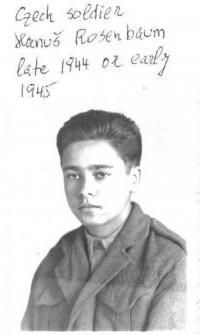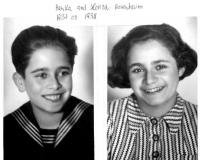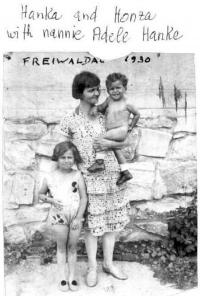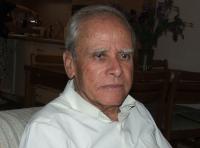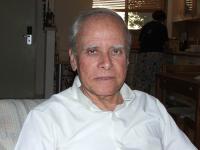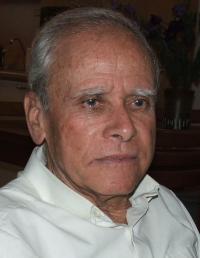My motto is that of an enlightened egoist

Download image
A communication engineer of the Czechoslovak Army and the Israeli Ministry of Foreign Affairs was born in 1928 in Moravská Ostrava as Hanuš Rosenbaum. In April and September 1939, his family escaped before the Nazis through Krakow to the part of Poland held by the Soviets. They got to a labor camp in the Jakutsk district at Siberia from where a fifteen year old Hanuš volunteered to the Czechoslovak Army. By the end of 1944 he served as a communication engineer at the heavy infantry. In 1945 he left the army and emigrated to Israel. He fought in the First War of Independence at the Israeli front. In 1950 he left the army and seven years later he applied for a position of a communication engineer at the Israeli Ministry of Foreign Affairs. Before his firat mission abroad he Hebraized his name to Hanan Ron. He served at different places including Bucharest, the business department in Köln, Germany, in Congo and finally in Rome. He left from the Ministry of Foreign Affairs into the intelligence agency Mossad. He lives in Tel Yitzhak between the cities Herzliya and Netanya.
